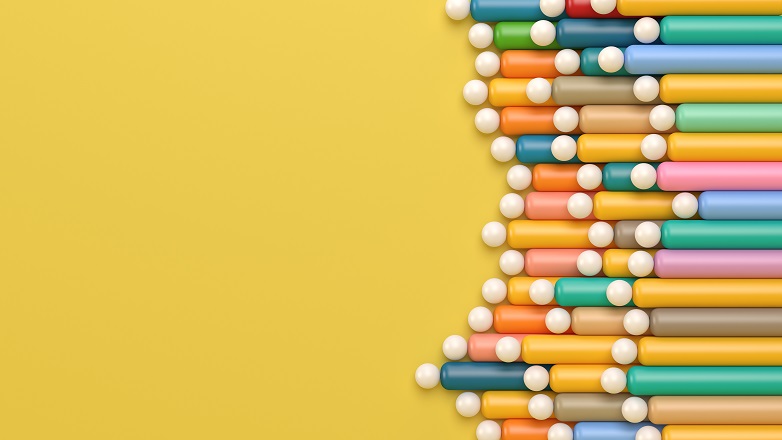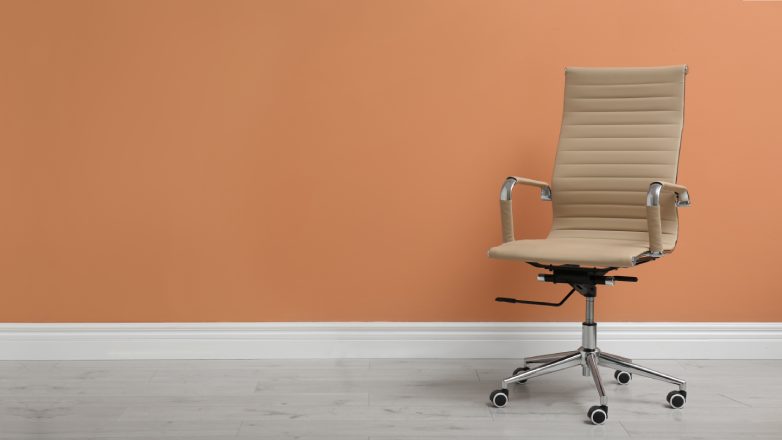Advocate General delivers opinion in landmark challenge to the new Copyright Directive in the Court of Justice of the European Union
While only four Member States have so far implemented the new EU Directive on Copyright in the Digital Single Market, on 15 July Advocate General Henrik Saugmandsgaard Øe delivered a long-awaited opinion in the Court of Justice of the European Union (CJEU) case C-401/19, which concerns a hotly debated part of this copyright rulebook. The outcome of the eventual ruling will have a big impact on the way online content platforms handle copyrighted content across the Union.
The case before the CJEU is related to Article 17 of the Directive, widely considered one of its most controversial provisions. Under Article 17, online content-sharing platforms are responsible for instances of copyright infringement committed by users who upload infringing content. To escape such liability, platforms will have to demonstrate they have “made best efforts to ensure the unavailability” and to “prevent … future uploads” of such content.
While some rights holders advocated for Article 17, these provisions were also widely criticised by some stakeholders when the Directive was passed. Critics argued that the provisions in effect require platforms to filter uploaded content, which in turn undermines freedom of expression and amounts to censorship. On this basis, Poland sought an annulment of crucial parts of Article 17 before the CJEU. Poland claimed that the contested regulations infringe the right to freedom of expression and information guaranteed by the EU Charter of Fundamental Rights. The European Parliament, the Council of the European Union and the European Commission defended Article 17 before the Court of Justice.
In his opinion, Advocate General Saugmandsgaard Øe sided with the EU institutions and advised the CJEU to dismiss Poland’s claim. In short, while the AG acknowledged that Article 17 constitutes a limitation on the exercise of the right to freedom of expression and information, in his view this limitation is justified by the necessity to guarantee the effective protection of creators’ rights. He stressed, however, that implementing Article 17 may result in “over-blocking”, and it is necessary to implement safeguards to protect freedom of expression.
Furthermore, the Advocate General stated that filtering content by automated means is now a necessity, as it would not be possible to check all uploaded content manually – there is simply too much of it. He observed: “[S]haring service providers must, in many cases, put into place automatic content recognition tools, in order to filter the content that users upload and, where appropriate, block certain content before it is uploaded”, since otherwise, they would not be able to demonstrate they have “made best efforts to ensure the unavailability” and to “prevent … future uploads” of infringing content.
The AG agreed with Poland that Article 17 entails a limitation on the exercise of the right to freedom of expression, as set out in the EU Charter of Fundamental Rights. Still, he noted that freedom of expression is not an absolute right. In accordance with Article 52(1) of the Chapter, limitations on freedoms are permissible, as long as they are: (i) provided for by law, (ii) respect the ‘essence’ of each freedom, and (iii) respect the principle of proportionality.
Notably, the Advocate General discusses which forms of filtering would be compliant with these principles, and which would not. For instance, imposing “the obligation preventively to monitor, in general, the content of users of [intermediary] services in search of any kind of illegal, or even simply undesirable information” would clearly affect the “essence” of freedom of communication. On the other hand, if the platforms are only required to monitor uploaded content in the form of searching for specific copyrighted works, this would be acceptable.
Regarding the proportionality principle, the Advocate General stated that filtering mechanisms are prone to fail in cases where copyrighted content is used in a transformative way, such as caricature. In these cases, such use is covered by the exceptions and limitations to rightsholders’ copyrights (it, therefore, does not infringe their rights). He also noted that platforms may be inclined to block content in an excessive way, “where there is the slightest doubt as to its lawfulness”, and that may lead to users’ content being blocked despite being legal. This tendency, which the Advocate General calls “over-blocking”, does entail a risk to freedom of expression.
To minimise this risk, the AG suggests limiting the scope of filtering only to content “the unlawfulness of which is obvious from the outset” or, in other words, “manifestly infringing”. Consequently, under Article 17 platforms should only be required to filter or block “content which is ‘identical’ or ‘equivalent’ to works and other protected subject matter identified by rightholders”, such as identical reproductions of copyrighted works. In other cases, where it is not apparent whether the content in question is unlawful, the AG suggests that the courts, not platforms, should have the final say.
Saugmandsgaard Øe’s opinion will now be considered by the CJEU, which typically agrees with the reasoning of Advocates General. Meanwhile, several EU Member States have yet to transpose the Directive, even though the deadline for doing so has already passed. The European Commission recently urged the remaining 23 countries to enact the Directive into their domestic laws.
For further information contact Michal Salajczyk
Sign up for our Connected newsletter for a monthly round-up from our Regulatory & Public Affairs team.


